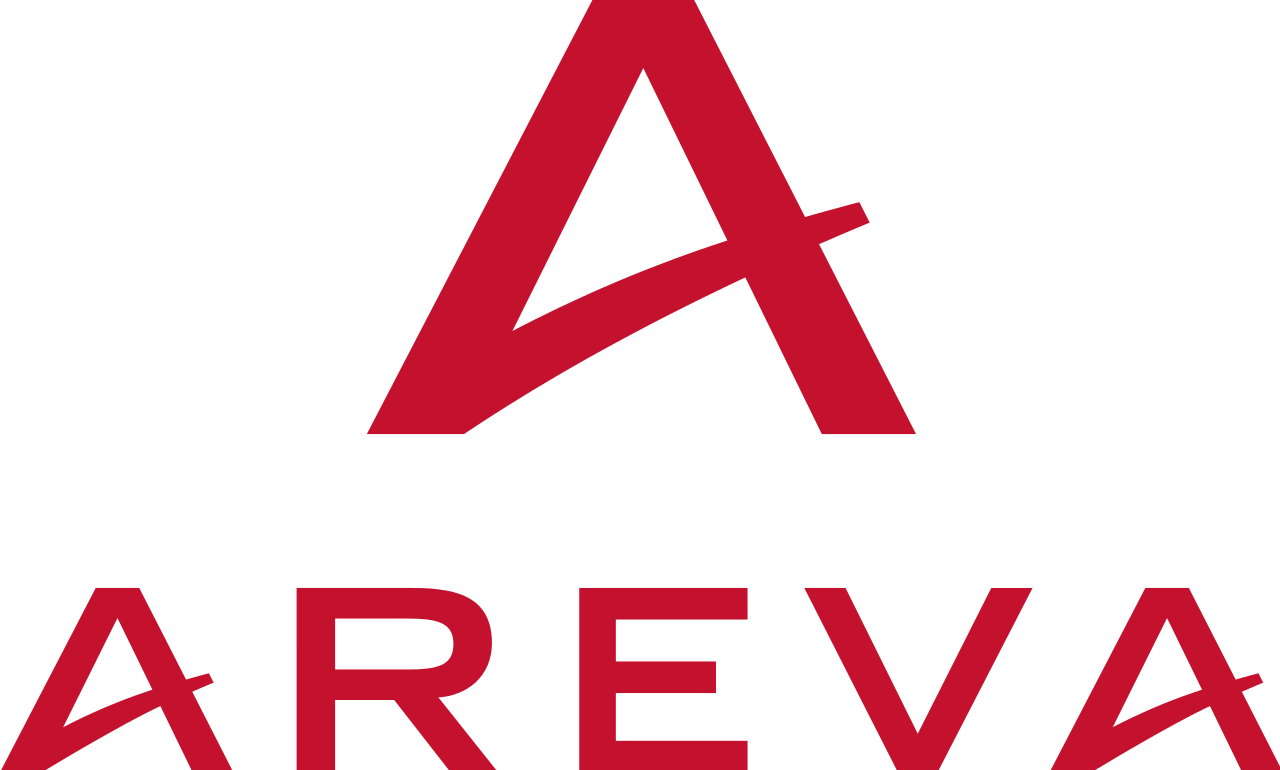Currently, 16% of the world's electricity is generated using nuclear power (30% in OECD countries). In August 2009, there were 436 nuclear reactors in service worldwide (with a total generating power of 372 GWe), 49 under construction (with a total generating power of 44 GWe) and nearly 140 at the planning stage (representing a total generating power of 150 GWe).
But the increase in world population and wealth will mean that humanity will need 40% more energy by 2030, by which time world energy consumption will be increasing at an annual rate of 1.7%. Against this background, nuclear energy offers an economical and effective route to meeting the increasing energy needs of many countries, maintaining or increasing their energy independence and limiting their greenhouse gas emissions. This is the case not only in Europe (including Bulgaria, Finland, Italy, Lithuania, Poland, the UK, Slovakia and Slovenia), but also in Israel and Syria, both of which used this conference to reiterate their commitment to developing their own civil nuclear energy industries.
In the USA, between 1,300 and 1,900 power generating plants will have to be replaced over the next 10 years. China plans to construct between 20 and 30 new reactors by 2030, whilst South Korea plans to double its stock of 19 reactors over the coming years.
According to the World Nuclear Association, more than 450 new reactors are likely to be constructed by 31 countries between now and 2030, thus doubling the existing capacity. Already, there are 58 countries working on projects with the IAEA, and between 10 and 25 new countries expect to commission their first nuclear power plant by 2015.
 The French President Nicolas Sarkozy put forward the case for “the World Bank, the EBRD [European Bank for Reconstruction and Development] and the development banks to make a wholehearted commitment to funding” the civil nuclear energy industry. Before going on to say that “all low-carbon energy sources can be funded by carbon credits”.
The French President Nicolas Sarkozy put forward the case for “the World Bank, the EBRD [European Bank for Reconstruction and Development] and the development banks to make a wholehearted commitment to funding” the civil nuclear energy industry. Before going on to say that “all low-carbon energy sources can be funded by carbon credits”.
He also announced the creation of an International Nuclear Energy Institute that would include an “International nuclear training center” capable of attracting “the very best instructors and researchers”. The new institute will be part of an international network of specialist centers of excellence now being formed. The first of these will open in Jordan.
He also advocated the setting up of an “independent body under the aegis of the IAEA”, whose purpose would be to “establish an international system of analysis built on indisputable scientific and technical foundations”. He then listed the technologies available in the market “on the basis of safety”. Lastly, he suggested the introduction of a “fuel bank” managed by the IAEA in order to avoid any discontinuity of uranium supplies.
European Commission President José Manuel Barroso announced “a European initiative to assess international security and safety standards and make them legally binding worldwide”. Europe will also bring forward draft legislation on nuclear waste treatment by the end of this year.
“Nuclear power can make a major contribution to economic development and help to mitigate climate change”, Yukiya Amano, Director General of the IAEA.
“For obvious reasons, we are currently seeing a renaissance of the nuclear option, primarily as a way of allowing us to meet the challenge of climate change. It is also crucially important that this renaissance takes place under conditions of maximum safety, while nonetheless ensuring that costs remain affordable”, Ángel Gurría, Secretary General of the OECD.
“We must continue to focus on safety. A nuclear accident anywhere is a nuclear accident everywhere”, Daniel Poneman, United States Deputy Secretary of Energy.
“Nuclear energy could offer the opportunity for development in countries with fast demographic growth, for countries rich in uranium to exploit their resources and for diversifying energy sources to gain greater control over our dependence”, Bernard Kouchner, French Minister of Foreign and European Affairs.
“We cannot sit back and watch the development of a two-speed nuclear power industry with “low cost” and “cheap” nuclear power for some and “high standards” for others. We can, of course, offer tailor-made products in terms of reactor size, adaptation to local constraints and choice of technology, but when it comes to safety, there is no choice whatsoever”, Anne Lauvergeon, CEO of AREVA.
“The idea of “low-cost” nuclear power is a non-starter. It is impossible to countenance nuclear power under any circumstances other than a commitment to maximum safety”, Henri Proglio, President of EDF.
Fulvio Conti, President of the Italian generator Enel, said that he would like to see 25% of Italian electricity generated from nuclear power. He went on to say that 18% of the electricity imported by Italy today is already generated by nuclear power plants, with the majority coming from France.
Sergei Kirienko, CEO of the Russian group Rosatom, put forward the idea of leasing fuel to customers which would then be recovered by the company and processed in its own plants as a way of preventing nuclear proliferation. “I think that a lot of countries will offer leasing solutions”, he said. “It's vital if we are to ensure non-proliferation and guarantee safety.”

 The Paris head office of the OECD hosted the International Conference on Access to Civil Nuclear Energy on March 8 and 9. We look back at the event and forward to the future of this initiative.
The Paris head office of the OECD hosted the International Conference on Access to Civil Nuclear Energy on March 8 and 9. We look back at the event and forward to the future of this initiative.